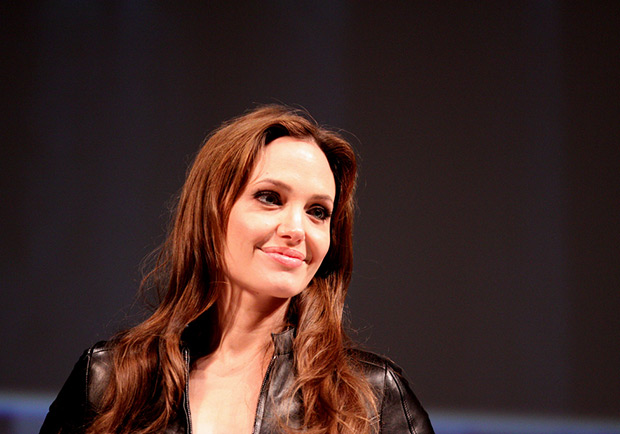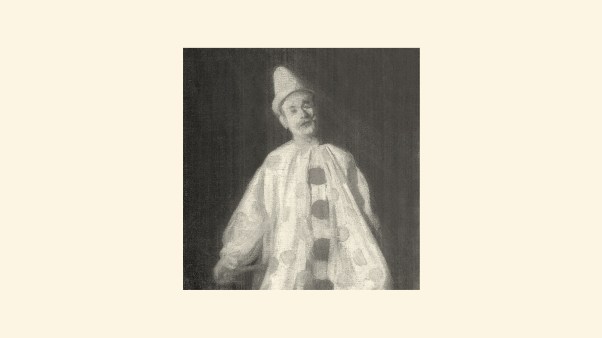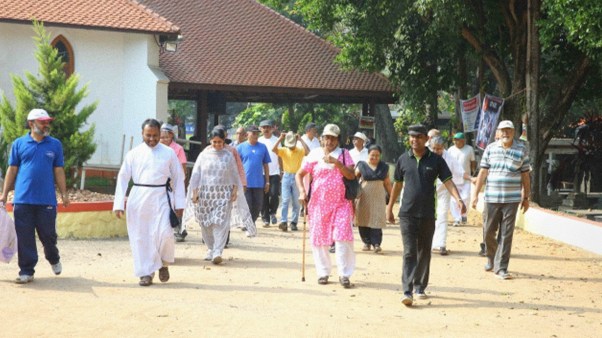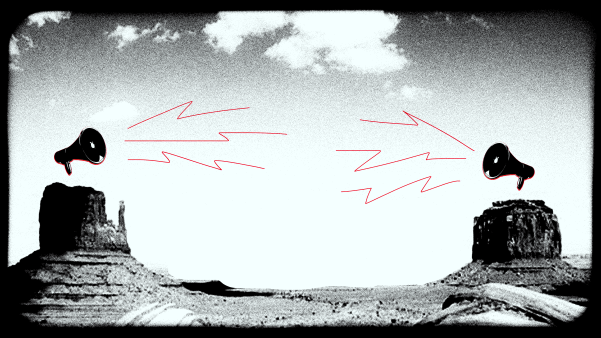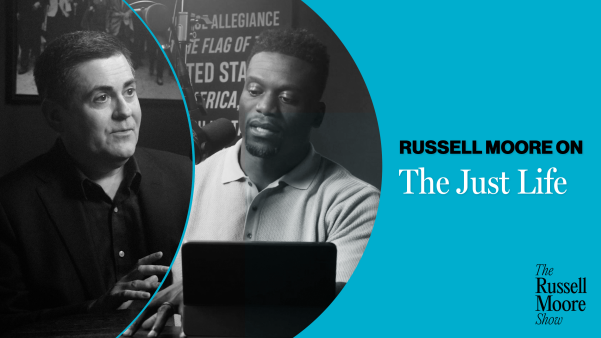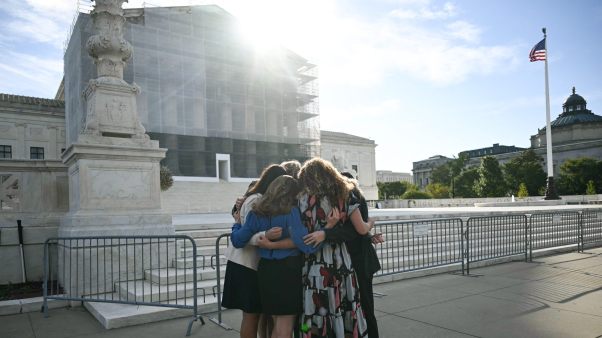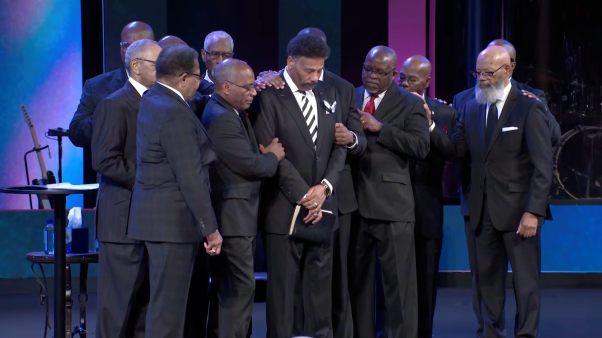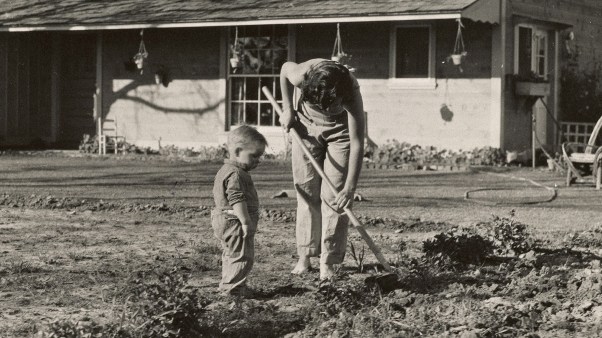I heard the news of Angelina Jolie's mastectomy on NPR last Tuesday as I was driving to work. Several co-workers stopped by my office that morning to ask what I thought about her decision to remove both her breasts to prevent her from getting breast cancer.
"I think she's brave," I said. "I think she's very brave."
Angelina Jolie's mom had died of ovarian cancer in her 50s, and genetic testing showed that Angelina was positive for the BRCA-1 gene mutation, which not only raised her risk of ovarian cancer, but also meant she had an 87 percent chance of developing breast cancer in her life.
I tried to concentrate on work that morning, but my mind kept drifting to my own experience with breast cancer. I was diagnosed with it when I was 27, and went through a bilateral mastectomy, four more surgeries, chemo, and radiation. And now I'm on medicine for the next decade to keep it from coming back.
On Tuesday afternoon, I went for a walk and I remembered. I remembered waking up from the mastectomy with bandages wrapped around my chest to cover the massive incisions that marked the place my breasts used to be. I remembered my hair falling out in clumps when I was going through chemo, until I was completely bald. I remembered losing so much weight during chemo that my clothes hung from my thin frame.
And I remembered standing in front of the mirror for hours, staring at myself, trying to find even a glimpse of the girl I used to be, but I couldn't find her anywhere. I had lost the hair and breasts and curves that had identified me as a woman.
"I look like a 12-year-old boy," I cried to my mom one afternoon. As I laid in bed that night I cried some more, thinking that I was not only unrecognizable, but unlovable. What man in his right mind would love a woman with no breasts and no hair? I felt like I'd had to sacrifice my femininity in order to save my life.
In the fallout of Angelina's announcement, there was lots of praise, some criticism, and a fair amount of fear from women about why someone would undergo such a drastic, disfiguring surgery. Mastectomies make many women uncomfortable because the procedure threatens one of our most identifiable female features. It calls our ideas of sexual attraction into question. It becomes tempting to believe that if we lose our breasts, we lose the ability to attract male attention, and we lose our sexual power.
A mastectomy also insinuates that our breasts are disposable. And we don't want anything about us to be disposable. We want our breasts, and ourselves, to matter.
This, I think, taps into a deeper issue that many women struggle with. It exposes the fact that many of us identify ourselves – and judge other women – based on external appearances. We often find not only our identities, but also our worth, in the size of our jeans, the length of our hair, the label on our handbag, or the cup size of our bra. Most of us are unwilling to shed these external things to discover who we really are.
The night I heard of Angelina's surgery, I was talking to a friend, and somehow we ended up discussing fairy tales. I told my friend that what irks me most about fairy tales is that instead of the damsel in distress rescuing herself, she always waits for a man to come, which makes her helpless and puts her in even more danger.
"Here's the thing," I said. "These women were waiting to be rescued, but all the while they had the means to rescue themselves. For instance, Rapunzel could've cut off her long hair, braided a rope and repelled herself down from the tower. And Cinderella could've run away from her evil stepmother if only she'd kicked off her fragile glass shoes."
"Do you know what else those women had in common?" my friend asked. "The things they were holding onto were things that made them attractive. They couldn't sacrifice their hair or their ball gown or their delicate shoes without losing a significant amount of their femininity. The 'girly' things they valued turned into a trap."
As I drove home that night, I realized the real reason I had told my co-workers I thought Angelina was brave was not because she'd had the courage to undergo a major surgery, but because she'd had the courage to get herself out of danger, even if it meant sacrificing something that made her attractive and feminine. Instead of staying trapped in the tower by superficial standards of beauty, she had been brave enough to let go.
And now I'm left with these lingering questions.
What if all of us women had the courage to shed the external things we've used to define ourselves and accept ourselves and each other for who we are instead of what we look like?
What if we partnered with each other in this pursuit rather than excluding or judging each other?
What if we based our worth not on our appearances, but on who God says we are?
And what would happen if we began to pray for the confidence, and the grace, to let go?
Sarah Thebarge studied medicine at Yale School of Medicine, and journalism at Columbia University. Her memoir, The Invisible Girls, was released in April 2013, and describes how a Somali refugee family helped her heal from her cancer experience. Thebarge works and lives in Portland, Ore.

